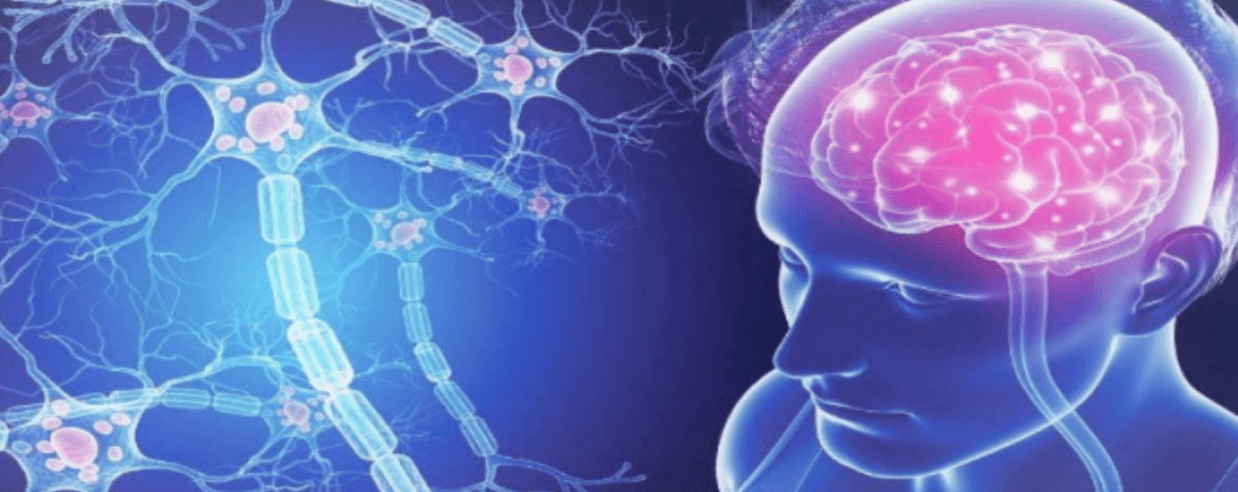The Ultimate Guide To Regenerative Medicine For Multiple Sclerosis
Table of ContentsGetting The Regenerative Medicine For Multiple Sclerosis To WorkThe smart Trick of Regenerative Medicine For Multiple Sclerosis That Nobody is DiscussingGetting The Regenerative Medicine For Multiple Sclerosis To WorkThe Best Guide To Regenerative Medicine For Multiple SclerosisHow Regenerative Medicine For Multiple Sclerosis can Save You Time, Stress, and Money.The Basic Principles Of Regenerative Medicine For Multiple Sclerosis The Only Guide for Regenerative Medicine For Multiple Sclerosis
The mesenchymal stem cells hair transplanted during stem cell treatment can divide and grow to form brand-new cells that can fill in the damaged cells of the worried cells. This could bring back neurological functions in clients with this condition. These benefits of stem cell treatment are more supported by the ability of MSCs to promote recovery.Clients with several sclerosis are usually treated with mesenchymal stem cells. These are multipotent stem cells that have the capability to distinguish and develop to create a variety of cell kinds in the body. When hair transplanted, these stem cells can establish to develop healthy nerve cells hence sustaining the regeneration of the damaged tissues of the nervous system.
When hair transplanted, the stem cells migrate to locations of inflammation or damage within the main nerves (CNS). They are normally brought in to the sites of injury where the body immune system is striking the myelin sheath, the safety treatment of nerve fibers. The stem cells function by promoting the repair and regrowth of damaged myelin, potentially recovering function to impacted afferent neuron.
3 Easy Facts About Regenerative Medicine For Multiple Sclerosis Described
Stem Cell Study on MS The National Numerous Sclerosis Society, along with other companies, is proactively funding and supporting research study into mesenchymal stem cell treatment for numerous sclerosis to explore their prospective and improve treatment procedures. The goal is to create much safer and more effective ways to make use of stem cells in treating MS.
About Regenerative Medicine For Multiple Sclerosis
Here are right here from patients of people Swiss Medica clinic. The client took a trip from Romania seeking treatment for MS after hearing favorable comments about stem cell therapy for the condition.
Get a complimentary online assessment to discover exactly how stem cells will benefit your case, and what are the duration and price of the therapy. Clinical Consultant, Swiss Medica doctor Lemus, H. N., Warrington, A. E., & Rodriguez, M. (2018 ). Several Sclerosis: Devices of Disease and Techniques for Myelin and Axonal Repair.
Regenerative Medicine For Multiple Sclerosis Fundamentals Explained

Stem cells are cells in the body that can develop into specialized cells that offer a particular function. They are likewise able to generate specific duplicates of themselves. There are two primary sorts of stem cells: embryonic stem cells and adult stem cells. are found in the creating embryo and can grow into the majority of kinds of cells in the body.
are located in some grown-up tissues and organs consisting of the bone marrow, skin, blood, and brain. Adult stem cells are not as versatile as embryonic stem cells and are consequently much more restricted in terms of the kinds of cells they grow into. The unique homes of stem cells give guarantee for brand-new treatments that can slow/halt MS condition activity and repair tissue damage in the central nerves.
The Buzz on Regenerative Medicine For Multiple Sclerosis

The procedure entails collecting stem cells from a person's very own (autologous) bone marrow. The individual is then treated with radiation treatment to deplete the body immune system and stem cells are reestablished into the body where they mature right into brand-new, healthy immune cells - Regenerative Medicine for Multiple Sclerosis. Stem cells can be infused into the body in different means

In 2000, the MS Society of Canada and MS Scientific Research Structure moneyed a scientific trial including HSC transplants, led by Drs. Mark Freedman and Harry Atkins from this website the Ottawa Medical Facility Study Institute/University of Ottawa. The aHSC therapy available in Canada is a therapy that makes use of high-dose chemotherapy, also called conditioning.

The Buzz on Regenerative Medicine For Multiple Sclerosis
Neural stem cells (NSC) are located in the brain and can grow right into different types of mind cells consisting of neurons, oligodendrocytes, and astrocytes. NSCs may serve to repair or protect the mind and modulate the immune system. Early professional trials in non-human primates showed that treatment with NSCs benefitted the development of MS-like condition in animal models.
The outcomes from these safety studies declare for future stem cell and regenerative medication therapies in MS. Future medical trials (stage 2 and 3) with bigger numbers of participants and controls are necessary to examine the effectiveness of this treatment for MS. As demonstrated by the instances above, there is a vast variety of research study happening that will give extra answers about making use of stem cells to deal with MS.
Stem cell therapy is taken into consideration secure, yet, like any type of medical treatment, it carries some risks, such as short-lived swelling or discomfort at the shot site. Nevertheless, serious side effects are unusual when executed by qualified experts.
The Regenerative Medicine For Multiple Sclerosis Statements
Multiple sclerosis (MS) is a chronic disease of the central nerve system that influences the mind and spine. It is characterized by the destruction of myelin, a compound that covers nerve fibers, bring about disruptions in interaction between the brain et cetera of the body. Signs can vary extensively and consist of muscle weak point, special info vision troubles, inequality, and fatigue.
Numerous sclerosis is identified by the immune system erroneously assaulting the safety sheath (myelin) that covers nerve fibers, triggering communication problems between the mind and the rest of the body. The disease can result in the degeneration or permanent damage of nerves. Signs vary extensively amongst clients and can consist of fatigue, flexibility problems, pain, and cognitive changes.